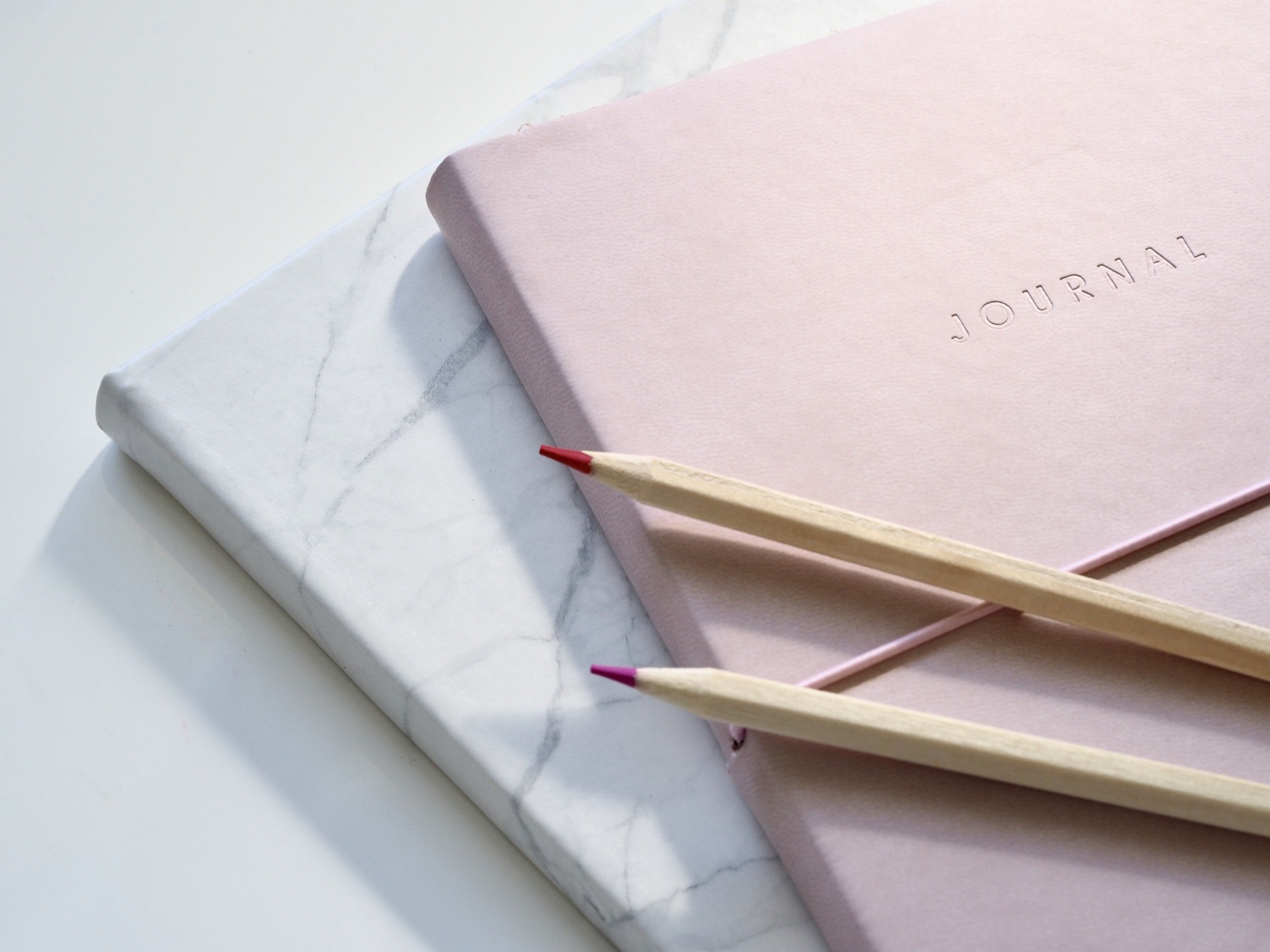Updated: 7/14/25
A food diary is an excellent first step in assessing how you eat. It can also help you understand why you eat the way you do, which is often just as important when it comes to long-term weight management.
Keep It Real
The most important factor in keeping an effective food diary for weight loss is to make it an honest one. A study showed that women in particular tend to fudge when keeping a food record – coming up short by close to 1,000 calories wasn’t unusual.
Why go to the trouble of keeping a food diary if you aren’t going to be honest with yourself? Remember, no one has to see it but you, so do yourself a favor and stay truthful.
What To Include
Here are some ideas on what you can track with a food diary:
Fat grams, calories, carbs, protein, fiber, etc.
Your portion sizes
Your appetite and/or cravings
Your underlying reasons for eating (aside from true hunger)
Your feelings after eating
Your danger zones
Plan of action to avoid danger zones
Physical activity for the day
How you felt before, during, and after physical activity
In order to track your nutrition intake, keep a nutrient guide book handy or use a food database application on your smartphone.
Using your computer or just an old-fashioned notebook, simply create a column for the name of the food and the required number of columns for each nutrient you will track. Divide the columns into sections according to meal and/or time of day so you can stay organized.
Get To The Heart Of It
If you tend to binge due to stress, or you regularly give in to emotional eating, your food diary can help you cope.
When you catch yourself eating when you’re not hungry or giving into a binge, spend some time in reflection so you can figure out why it happened. Then, as tough as this may be to admit, write down why you ate (hunger boredom, etc.) and how you felt afterward (guilty, deserving, etc.). You may find it helpful to record when you tend to overeat so you can plan to arrange other activities in the future that will take your mind off of food.
Here are some examples of questions you may want to answer when you eat for emotional reasons:
How were you feeling before you ate?
Did you feel gut hunger?
Who were you with?
Did you eat hurriedly or calmly?
Can you recall everything you ate?
Did you eat normal portions?
Were you doing another activity (like watching television) while you were eating?
How do you feel now (e.g. satisfied, healthy, guilty)?
Overall, was this a positive or negative eating experience?
You will find writing down and acknowledging these questions and answers will go a long way in helping you understand and prevent emotional eating.
When you see everything you can do with a food diary, there's no reason not to do one! You don't have to wait for a special day or a special meal. Just do it.

